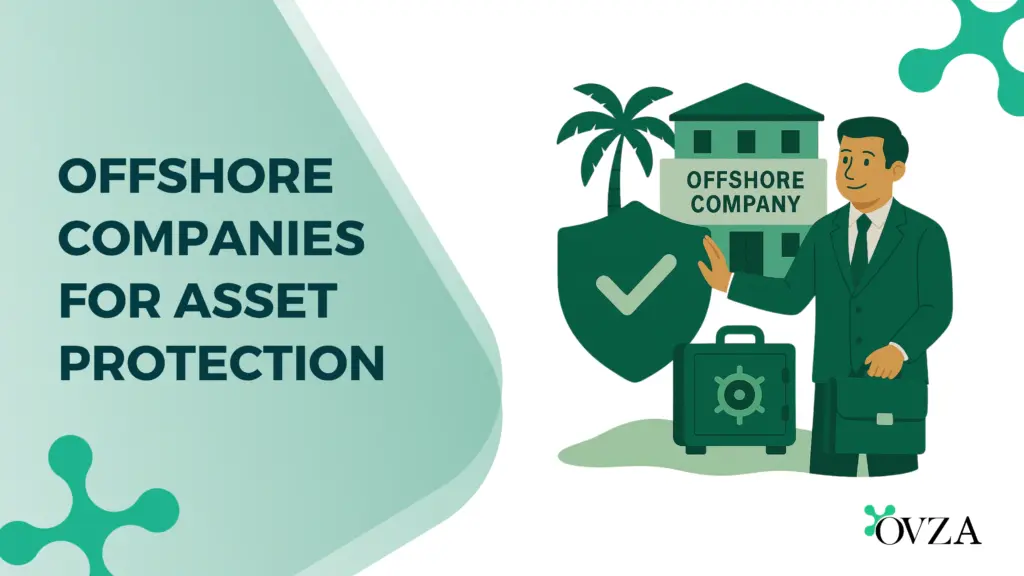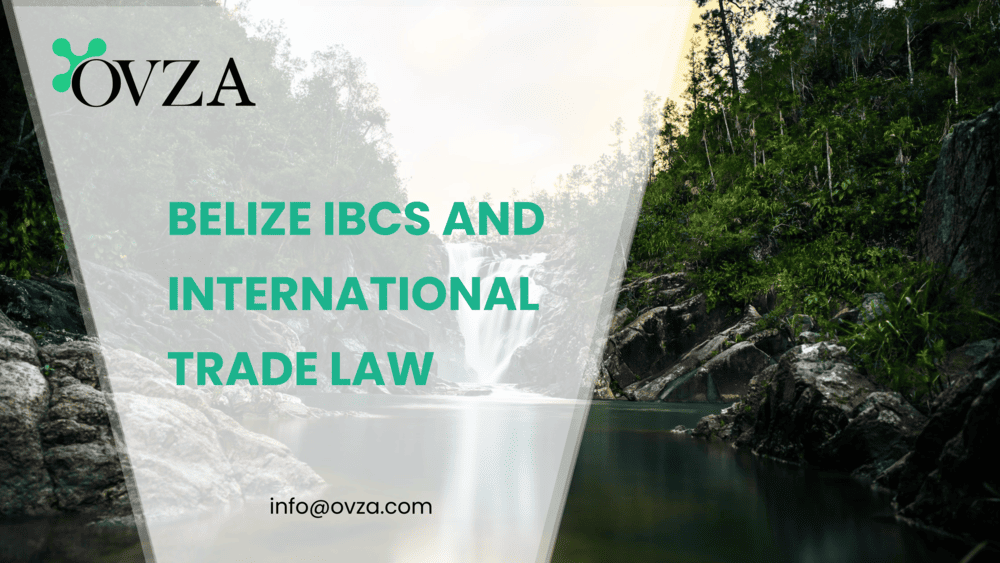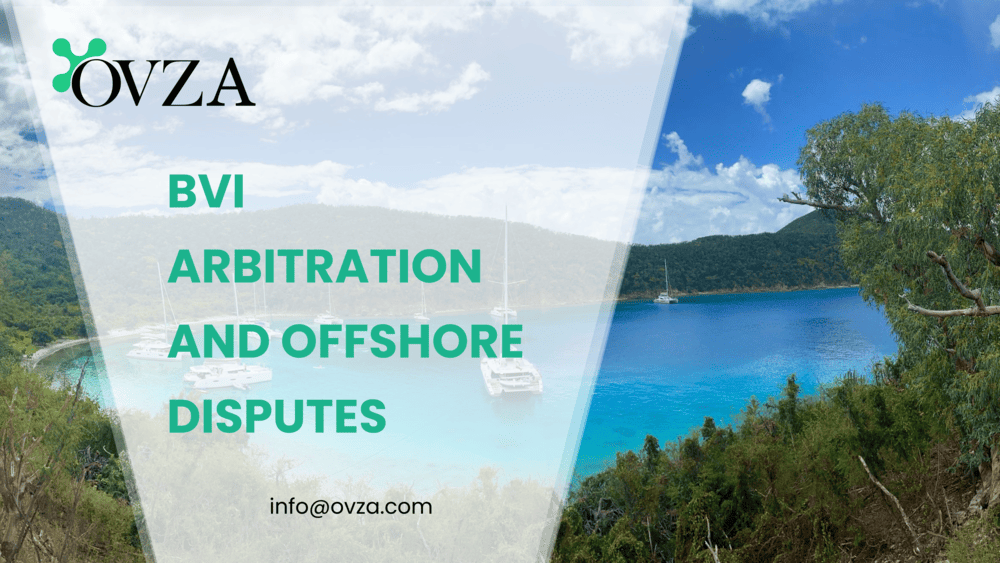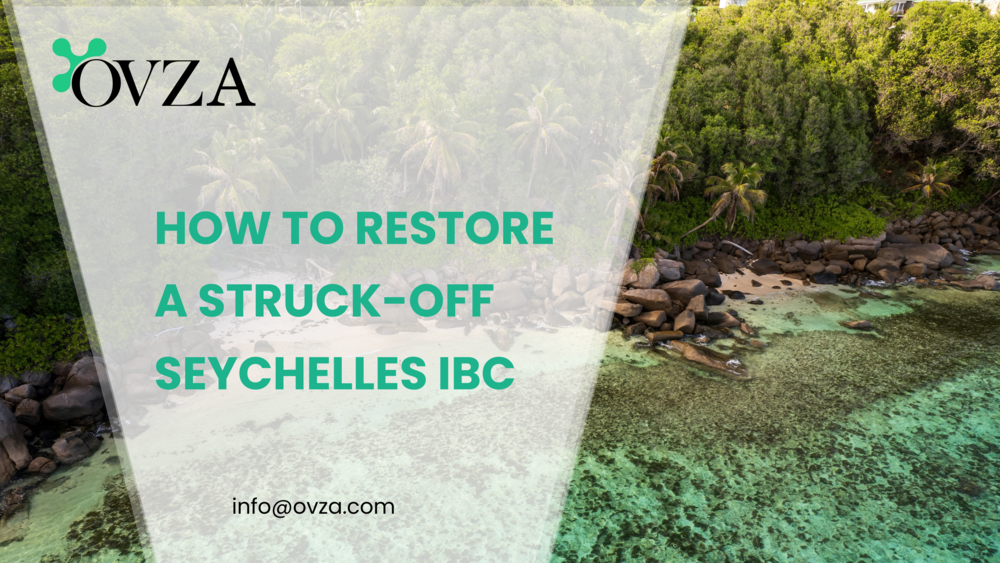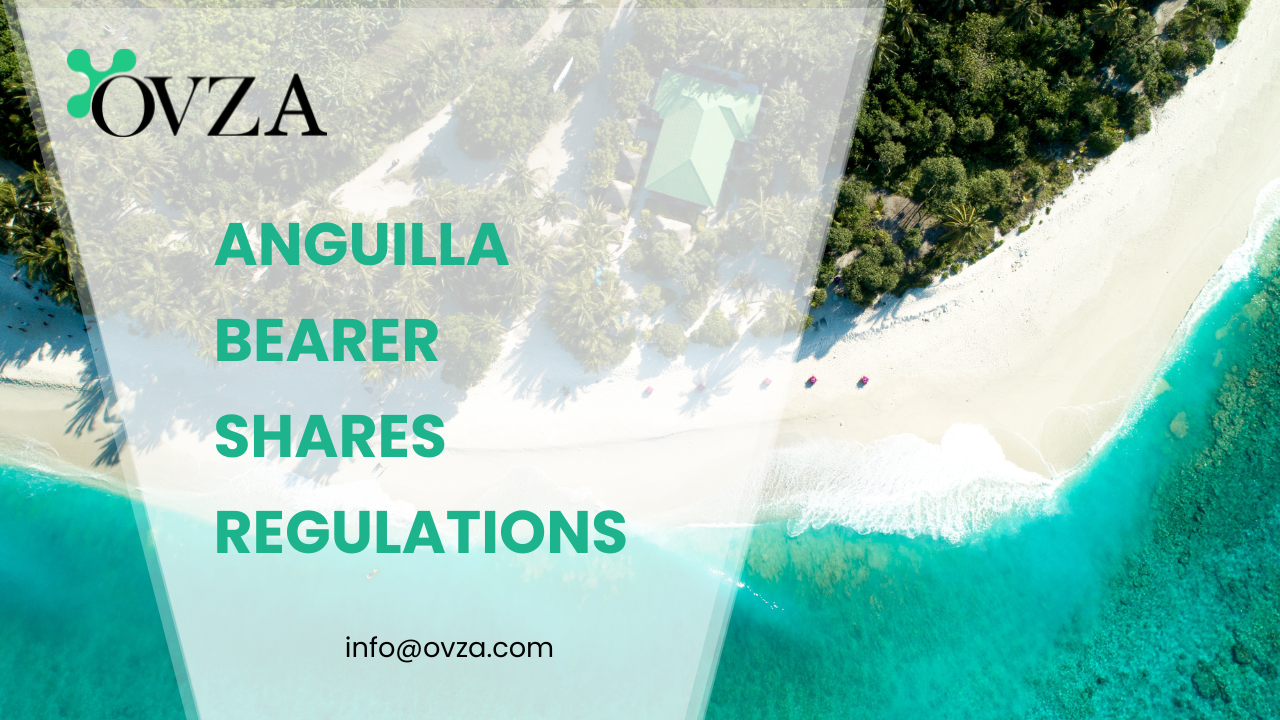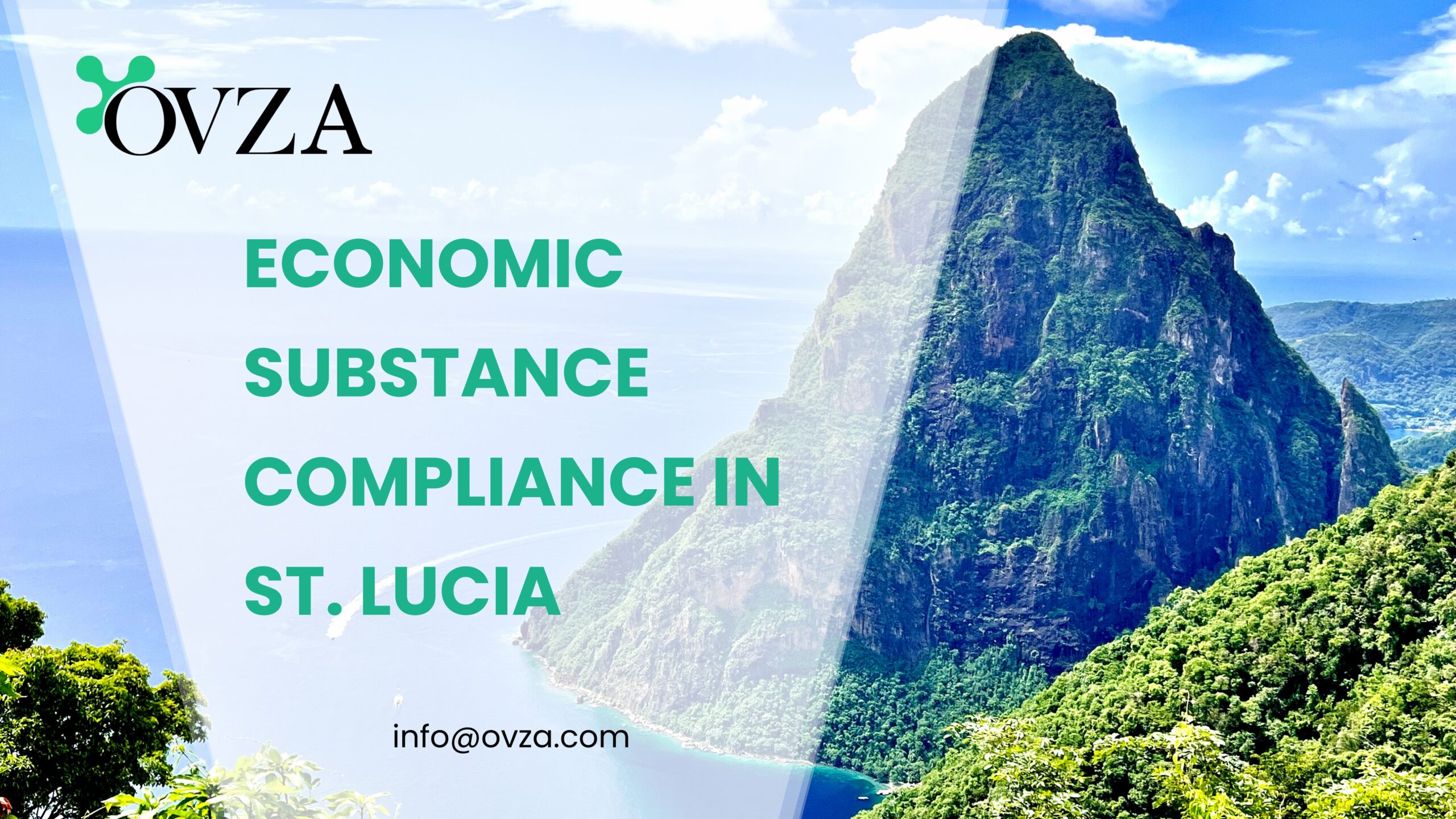Offshore asset protection offers a legal way to shield wealth from external threats before they arise.
Assets held in your personal name are exposed—subject to court orders, creditor claims, and unpredictable legal risks. One lawsuit, one investigation, or one overreach from a local authority can result in frozen bank accounts, seized property, or the forced disclosure of sensitive holdings. For individuals with meaningful assets or global exposure, this level of vulnerability is not acceptable.
Offshore companies offer a lawful and highly effective solution. By relocating ownership to a separate legal entity in a jurisdiction with protective legislation, you create legal distance—insulating your assets from the reach of foreign courts and hostile claims. This isn’t about hiding money. It’s about using recognized legal structures to create barriers that slow down or block those seeking to take what you lawfully own.
The value of an offshore company lies in jurisdictional control. Countries like the British Virgin Islands, Nevis, and the Marshall Islands have built corporate and trust laws specifically designed to discourage frivolous claims and protect legitimate ownership. When set up correctly and for a valid purpose, offshore companies are not only compliant—they are one of the most robust asset protection tools available.
The Legal Doctrine of Corporate Separation
At the heart of asset protection is the legal separation between the individual and the company.
An offshore company is a distinct legal entity. It can own assets, enter into contracts, and be sued in its own name. This separation isn’t symbolic—it’s legally enforceable. Courts around the world recognize this principle and treat companies as separate from their shareholders, even if a single individual owns and controls the entity.
When assets are transferred to an offshore company, they cease to be owned by the individual. This doesn’t mean the person loses all benefit—they may still control the company, manage its operations, and benefit from its profits—but legally, the asset is now property of the company, not the individual. That distinction matters. It introduces a new legal layer between a potential creditor and the asset.
Why Jurisdiction Matters
Not all countries treat foreign judgments the same way. In many offshore jurisdictions, civil judgments from another country are not automatically enforceable. Instead, the claimant must initiate a fresh legal action in the offshore jurisdiction—a process that often involves a different legal system, stricter evidentiary requirements, and, in some cases, mandatory upfront financial deposits.
Take Nevis, for example. A creditor must post a bond with the court before bringing an action against a Nevis LLC. In the Marshall Islands, the burden of proof in asset recovery cases is exceptionally high, and fraudulent transfer claims are time-barred after just one or two years. In the British Virgin Islands, courts apply common law but are notoriously strict when it comes to upholding the principle of corporate separateness.
This jurisdictional barrier is not about evading justice—it’s about ensuring that only serious, substantiated claims survive. Most aggressive legal tactics that work domestically simply do not apply in offshore courts, particularly where protective statutes are in place.
Offshore Company Structures Commonly Used for Asset Protection
While the generic term “offshore company” is widely used, there are specific structures designed with asset protection in mind. The two most common are International Business Companies (IBCs) and Limited Liability Companies (LLCs). Both are distinct in form, but serve the same purpose: to hold assets securely in a separate legal container under the protection of foreign law.
An IBC, commonly formed in jurisdictions like the BVI or Seychelles, is a classic structure used to hold investment accounts, intellectual property, or even real estate. It is simple, cost-effective, and enjoys privacy under most local company laws. A Nevis LLC, on the other hand, is uniquely suited for asset protection because of the way it blends corporate protections with partnership-style liability limitations—making it extremely difficult to penetrate through member interests.
Control can also be structured through nominee directors or managers, where appropriate and legal, further distancing the beneficial owner from direct administrative involvement.
The Enforcement Barrier: Why Foreign Judgments Often Fail
One of the most misunderstood aspects of offshore asset protection is the assumption that a domestic court judgment is automatically enforceable across borders. In reality, foreign civil judgments are not universally recognized—and this is especially true in asset-protective jurisdictions.
To enforce a foreign judgment, a creditor must typically begin a new action in the offshore jurisdiction where the company is domiciled. This process is governed entirely by the local laws of that jurisdiction. It is not enough for a claimant to show that a judgment exists; they must satisfy that jurisdiction’s evidentiary rules, procedural timelines, and often face burdens that are substantially higher than in their home country.
For example, in the Marshall Islands, a well-known jurisdiction for trusts and LLCs, a creditor must prove fraudulent intent to pierce any protective structure. The threshold is not just civil suspicion—it is demonstrable fraud, with documentation and clear motive. Furthermore, any action must be brought within an extremely short statute of limitations. After one or two years (depending on the claim), even credible allegations may be time-barred.
In Nevis, the court requires a cash bond to be posted before legal proceedings can begin, deterring speculative or unsubstantiated claims. In the BVI, enforcement of foreign judgments is possible only through common law action or under very specific treaties, and the courts are reluctant to disturb a properly managed company without substantial legal cause. In all three examples, the core issue is not secrecy—it’s the legal structure of enforcement. Offshore jurisdictions prioritize local rule of law, and that often means they simply do not defer to foreign courts.
This reality forces claimants to think twice. The added expense, complexity, and legal uncertainty often act as effective deterrents—especially in cases where the underlying claim is weak or opportunistic.
Control Without Exposure
A successful asset protection strategy doesn’t stop at incorporation. How the offshore company is managed—and who is listed in official records—can make or break the effectiveness of the structure. Proper control must be exercised without unnecessarily exposing the beneficial owner.
In many cases, offshore companies are managed through professional directors or managers, who act under a service agreement or power of attorney. These professionals carry out day-to-day operations or serve as a legal buffer between the company and its beneficial owner. While the owner may still retain ultimate control over decision-making, their name is not necessarily tied to every transaction or company filing.
Some jurisdictions permit nominee services, where third-party directors or shareholders are listed in public registers, while the true owners retain private control through undisclosed agreements. It is critical, however, that these arrangements be fully legal and transparent to relevant authorities—especially under international compliance regimes such as FATCA and CRS. If a structure is not legally defensible, it offers no protection.
Additionally, offshore structures are often combined with trusts or foundations to add a second layer of distance. A trust, for example, may own the offshore company on behalf of a beneficiary. The trustee manages the assets, and the company becomes one step removed from the individual. This structure is commonly used for estate planning, wealth preservation, and long-term asset shielding.
The goal in every case is the same: to create a scenario where the beneficial owner does not appear to be the direct and immediate controller of the asset in the eyes of a hostile court.
Real-World Applications of Offshore Asset Protection
To understand the practical value of offshore companies, consider a common scenario: a business owner with valuable intellectual property (IP) is concerned about domestic litigation risk. By transferring the IP to a BVI company and licensing it back to their local operating business, they create separation. If the operating company is sued, the IP is shielded. Even if a judgment is entered, enforcement against the offshore company would require a separate legal action in the BVI—one unlikely to succeed without overwhelming evidence and procedural compliance.
Another example involves a high-net-worth individual with investments across multiple jurisdictions. Rather than hold shares and accounts in their personal name, they establish a Nevis LLC as a holding entity. That company owns the brokerage accounts, real estate titles, and other key assets. Should they face a claim or political instability in their home country, their wealth remains protected offshore, under laws specifically designed to preserve ownership rights and resist foreign interference.
These strategies aren’t reserved for billionaires or multinational corporations. Freelancers, crypto investors, retirees, and family offices all use offshore structures to gain peace of mind. What they share is not secrecy—but foresight, and a legal framework that reinforces their control.
Conclusion
Offshore companies remain one of the most effective and legally sound methods of protecting assets. Their strength is not built on secrecy, but on the deliberate use of jurisdictional advantage, legal separation, and enforcement resistance.
As global wealth faces rising regulatory pressure, litigation risk, and political unpredictability, the need for lawful asset protection is growing—not shrinking. Offshore structures, when created with intent, clarity, and compliance, offer what local systems often cannot: predictability, stability, and control.
For those who value what they’ve built, protecting it isn’t just an option. It’s a responsibility.
Disclaimer: The information provided on this website is intended for general reference and educational purposes only. While OVZA makes every effort to ensure accuracy and timeliness, the content should not be considered legal, financial, or tax advice.


